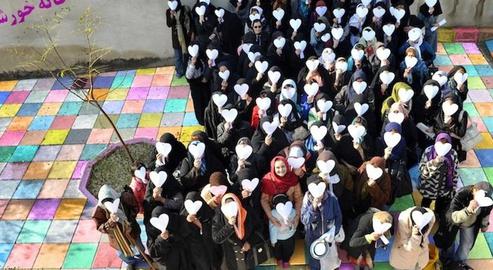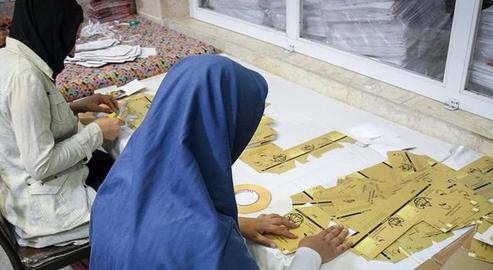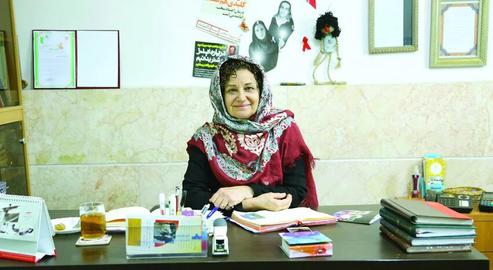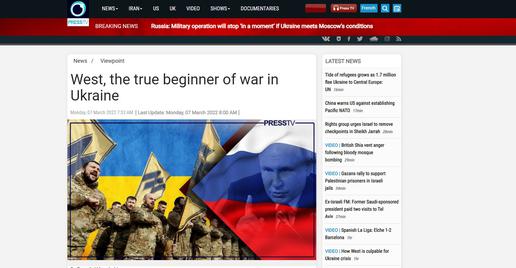The Khaneh Khorshid, or Sun House, one of the first drug addiction treatment centers for women in the most underprivileged part of Tehran, and one of just 28 non-governmental women’s shelters in Iran, is about to close its doors after 15 years. The center was established in 2007 by two women, Leila Arshad and Sorour Monshizadeh, and has since supported more than 2,500 women facing drug problems, homelessness or domestic violence.
The founders wrote on Sun House’s Instagram page that they had been “forced to” close down. In an interview with Hamshahri newspaper, while omitting to name any specific person or institution, Leila Arshad said: “They don’t want NGOs to be as active as they were before.”
In the same week, a separate NGO named Sun Charity has seen its school for impoverished working children in Kerman shut down. The closure came after years of infighting between Iran’s State Welfare Organization and Religious Endowments Bureau over jurisdictional rights; the latter had finally won.
In the past few years, the Iranian government has tightened the monitoring and control of NGOs’ activities across the country. The closure of nationwide relief organization the Imam Ali Society in autumn 2020 was read by many as a watershed moment. Then and now, the first to lose out were women and children.
A Ray of Hope
Sun House was based in Darvazeh Ghar, an extremely deprived zone of Tehran. Its first stated mission was to help “helpless women who have been harmed by addiction” and until 2014, it supported around 100 women and 25 children a day. In early 2015 the NGO switched its focus to supporting mothers who had quit drugs, equipping them with vocational and life skills.
So vital was the charity’s work that it became the focal point of a documentary, The Backyard of the Sun House, by the acclaimed Iranian director Rakhshan Bani-Etemad. “Even though the women who come to this house are among the most helpless and damaged, the managers treat them in such a way that none feel that they are charity cases,” Bani-Etemad said after a screening of her work in 2020. “Everything is based on respect. It would be a great achievement if such institutions were created in other parts of the city, and other towns as well, because society is in desperate need of such places.”
Yasaman Khaleghian is a freelance journalist who writes about social issues in Iran, who has also covered the activities Sun House for years. Its demise, she told IranWire, could be life-altering for vulnerable people in the community.
“Perhaps you’ve seen photos of Darvazeh Ghar. But I can’t describe in words the extent of the harms people who live in this neighborhood face. It’s full of drug addicts who, by night, in public and in front of everybody, inject and take all kinds of drugs. Dangerous sexual intercourse takes place openly in the same alleys and streets. Without a place like Sun House, the place will be even scarier.”
In her interview with Hamshahri, Leila Arshad had told of how, since 2018, Sun House had become increasingly encumbered in reaching its goals. “The restrictions on us increased day by day,” she said. “They want to give social work to the large institutions, and don’t want NGOs to be as active as before.” She had been told, she said, to forget about Sun House’s service users: “because they’re going to die anyway”.
In fact, many of those supported by Sun House forged new lives for themselves. “For one of my reports,” Khalegian told IranWire, “I met a woman who’d been working with a drug trafficking gang. She’d fallen out with the bosses and one day, when she returned home, she found her daughter had been murdered.
“She was an addict, and had two other children taken away from her by the Welfare Organization afterward. With the help of Sun house, she quit drugs and started working with the center’s rehabilitation section. She succeeded in getting back her children.
“They bought her a fruit drying machine for her home. When she wasn’t working with the center, she dried out and packaged fruit at home. The people at Sun House located stores willing to sell the products she made.”
Apart from supporting individuals, Sun House operated regular patrols in the neighborhood to locate co-dependent couples and groups of drug users, distributing clean syringes and condoms. Many of the women who took part in the patrols had once been addicts themselves. Seeing an old, friendly face who was now in good health, Khalegian said, could sometimes encourage other women to seek health.
One of the women Khalegian interviewed was a student aid worker named Zhabiz, who had formerly been a heavy drug user, sleeping in cardboard boxes, for 15 years. “With the help of Sun House, she’d turned into a person who helped others to start a new life.”
Another crucial service the charity offered was dentistry, referring vulnerable drug users to a nearby clinic. “Most of the addicts have serious dental problems,” Khalegian said. “Many have no teeth at all, or their teeth are rotten. Many are also HIV-positive. Access to free medical care seemed like a miracle to them.”
Securitizing Poverty
Saeed Madani, a prominent Iran-based journalist and sociologist, spoke to IranWire about the apparent shuttering of civil society in Iran observed in recent years. “Civil society has characteristics that distinguish it from the state,” he said, “and make it independent from the government in terms of management, financial resourcing and standpoint.”
As such, he said, civil society institutions empower the people rather than the state, and under an authoritarian state, this invariably leads to confrontation. “For years before the pandemic, we clearly witnessed this conflict in Iran. Whenever the bank account numbers of both government agencies and NGOs were announced for people to donate to a given cause, people tended toward the NGO. But then the government would arrest its members, block its accounts under various pretexts, and try to prevent it from accessing independent financial resources.”
In June 2020, after a complaint by the Revolutionary Guards, several founding members and senior staffers of humanitarian NGO the Imam Ali Society were arrested on the opaque charge of “activities against national security”. The judiciary ordered the NGO’s dissolution. Members sought to continue their activities across Iran under the radar as best they could, but faced official animosity at every turn.
Not long after the Imam Ali Society was disbanded, Iranian media outlets announced that an NGO by the name of the “Imam Reza Society” had been created – under the direction of Hossein Yekta, a commander of a plainclothes arm of the Revolutionary Guards and a member of the central council of the Ammar Headquarters, an affiliate of the Guards.
“Creating these ‘headquarters’ is one instance of hostility by an authoritarian regime toward civil society,” Madani said “When it comes to social problems, the regime adopts a military-security mindset, which is an egregious error. They imagine they can extend the successes achieved by a few military institutions to the social sphere.”
What Next for Darvazeh Ghar?
The demand for services like those Sun House provided has soared in Iran in recent years, especially after Covid-19. But their resourcing has fallen concurrently. Doctors Without Borders is also active in Darvazeh Ghar, as are other NGOs that provide educational support for children, but that is not the case elsewhere.
Sun House has said it will keep providing services until the end of the current Iranian calendar year, the weekend of March 20. According to the Welfare Organization, the remaining 27 women’s shelters in Iran have a capacity for just 10 service users at a time.
Related coverage:
What Will Happen to Women and Children Supported by a Banned NGO?
The Government Shuts Down NGOs but Admits Its Failure to Help the Poor
Rouhani’s Government Shuts Down Charity Supporting Vulnerable Children
The Relief Organization that has Angered the Revolutionary Guards
Coronavirus Leaves Small Charities Exposed in Iran
Didaar: A Citizens' Initiative Bringing Reading Glasses to Iran's Poorest
visit the accountability section
In this section of Iran Wire, you can contact the officials and launch your campaign for various problems




























comments